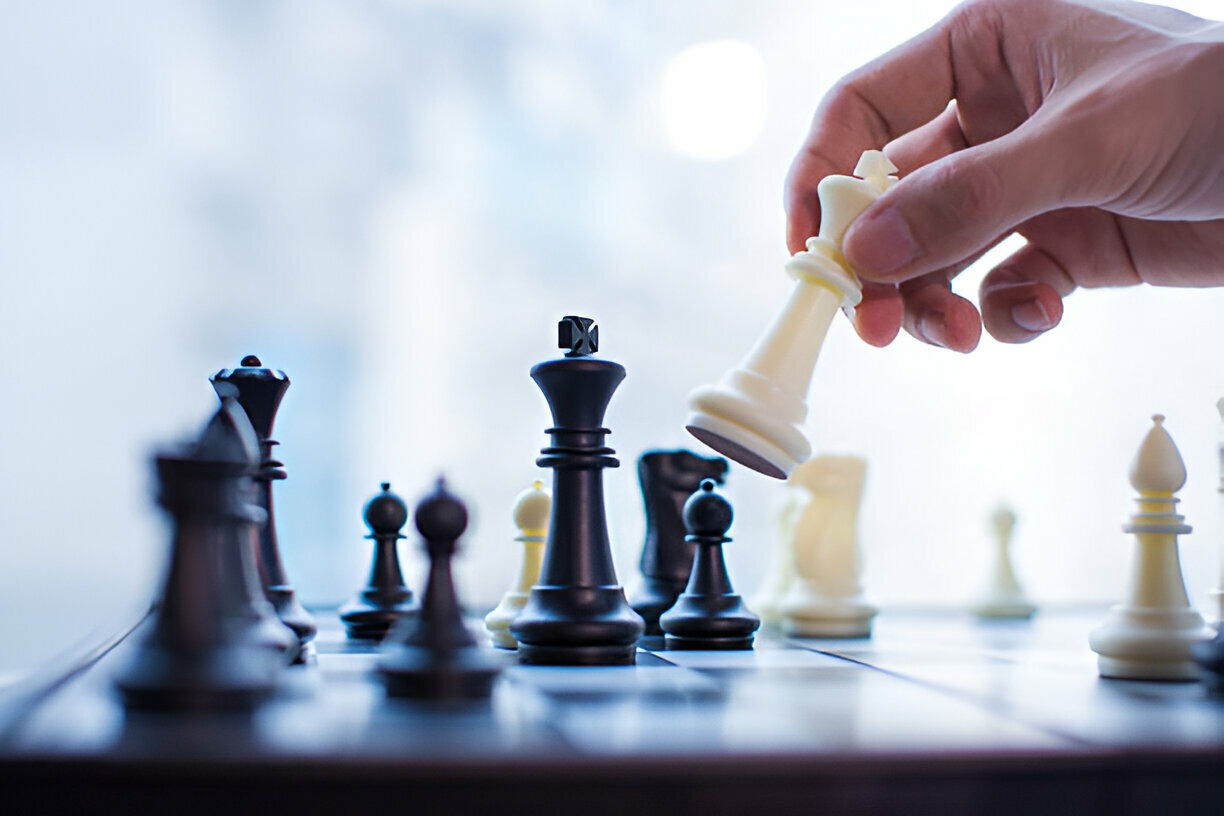Chess is a game of patience, positioning, tactics, and opportunity. For some, it is a hobby that challenges their thinking skills; for others, it is a way to demonstrate strategic prowess. But what about puzzles? Are puzzles beneficial for chess improvement? Let’s explore.
The Benefits of Chess Puzzles
One of the primary advantages of solving chess puzzles is improving pattern recognition. Many puzzles originate from real games, featuring scenarios that have been played, analyzed, and solved. However, puzzles alone cannot replace the experience gained from playing actual chess games, as they typically focus on specific tactical situations rather than broader strategic play.
Chess puzzles also enhance memory, planning, problem-solving, and critical thinking skills. If you are new to chess, working with puzzles can be a great way to improve your understanding of the game.
Are Chess Puzzles Really Useful?
Even grandmasters solve chess puzzles to sharpen their tactical intuition. Puzzles help players recognize patterns faster, which is crucial for identifying tactical opportunities in real games. Tactical opportunities don’t appear randomly; they often require careful planning.
If you have observed beginner or junior players, you may notice that tactical play often determines the winner. More advanced players will recognize another key aspect: most tactical games are won or lost based on spotting the opponent’s errors.
Benefits of Chess Puzzles
Blundering a piece is common at the beginner level, but solving chess puzzles can help reduce mistakes. Tactical exercises enhance your ability to recognize patterns and execute precise calculations. High-level players often seem to make remarkable calculations, but in reality, they rely on recognizing well-known patterns. Puzzles provide an excellent way to develop calculation skills and discover new tactical ideas.
How to Improve at Chess Puzzles
The brain is like a muscle—it needs regular exercise to stay sharp. Chess puzzles are an excellent training tool, particularly before a competition. To maximize your improvement, consider solving at least two puzzles per day.
1. Pay Attention to Tactical Patterns (Motifs)
Chess puzzles frequently feature recurring tactical themes, known as motifs. These motifs help players recognize and exploit weaknesses in their opponent’s position. Studying these patterns in depth will improve your ability to use them in real games.
2. Expand Your Chess Vocabulary
A strong grasp of chess terminology enhances your understanding of tactical training. Key terms to know include:
- Threat
- Counter-threat
- Winning a tempo
- Targets
- Defenders
- Exchanges
Understanding these concepts lays the foundation for improving your tactical awareness.
3. Improve Your Tactical Intelligence
In a real game, there isn’t enough time to search for tactics on every move. Knowing when to look for a tactical opportunity is just as important as knowing how to find one. To enhance your tactical intelligence:
- Do not move on to the next puzzle until you understand the patterns that enabled the tactic.
- Identify which aspects of the position allowed the combination to work.
By training in this way, you will develop tactical awareness and instinctively recognize opportunities during your games.
Final Thoughts
Chess is 99% tactics. Most players approach puzzles by calculating a few aggressive moves until they find the solution. While this method is not wrong, it transforms every puzzle into an instructional experience that gradually enhances playing strength. Incorporating puzzles into your training routine will significantly improve your chess skills over time.







